I was first introduced to Dan Habib's work at a film viewing of Including Samuel that he hosted at the Dryden Theater at the George Eastman Museum here in Rochester about 7 years ago. I've followed him ever since, and I recently watched this video about inclusive education which rings true to the ideals many families hold dearly. One comment in the video really struck home because it reminded me of how data helps us know how and when to push and adapt our practices.
“I’m going to push you until you give me what’s inside of you”
That’s what I’m talking about! And I buy what’s she saying hook, line, and sinker because it’s backed by the collection and recurrent use of data. I’ve been sitting on this idea for a while, and this video has inspired me to write it up. By way of analogy, this quote made me think about my favorite verse in the entire bible:
“Even so faith, if it has no works, is dead, being by itself.”
I remember very vividly my sophomore religion teacher, William Jauquet, dropping bible verses on us, and he tersely summarized this verse as “faith without works is dead.” I believe this line wholeheartedly, and I try to apply it to my work as a psychologist as such: “Even so therapy, if it has no data, is non-falsifiable, being by itself.”
So what am I trying to get at here?
I want to provide care that is informed by data and to measure clinical change. This is why I am giving clients and their families forms to complete on a routine basis to help gauge their progress and to better adapt our work together.
Since my practice just started (3 weeks in, hooray!) I am seeing a lot of new clients for the very first time. These intake appointments have been a great opportunity for me to collect data from clients and their families using standardized measures, and to integrate this data into my practice as an index of clinical change. I am working to screen for a range of clinical concerns and to have on-going, data-driven discussions about client's unique symptoms and to measure their personal progress. I hope this data-informed approach will be useful to my clients, and also provide me with real-time feedback so I can better meet their needs.
This is what I would love to hear more about from folks who read this blog:
- What measures do you use as part of your work? Recommend them to me.
- What domains/aspects do you think are important to measure? How do we do this?
- How often is too often/too little/just right for measuring change in your opinion?
I’m wearing my clinical scientist hat here and would love to hear more from you!

